Ethiopia
Tigrayan authorities provided images of the Agula camp, located outside of the regional capital Mekelle. There, tanks and heavy weapons were being handed over to the federal forces.
This development is a key enactment of the peace deal signed under the aegis of the African Union last year.
The terms of the November 2 agreement between Ethiopia’s government and the Tigray People's Liberation front party include disarming rebel forces, restoring federal authority in the norther province and reopening access and communications to the region.
The draft said the former warring sides agreed to stop "collusion with any external force hostile to either party."
But the future remains unclear. The Tigray forces have claimed troops from Eritrea were still active in the region and causing destruction.
The African Union envoy helping to mediate the talks, Olesegun Obasanjo, called for the withdrawal of quote on quote "foreign troops."
Access there being restricted, it is impossible to independently verify the situation on the ground.
The precise toll of the conflict, which was largely fought amid media restrictions during nearly two years, is still unknown.
Humanitarian operations have been ramped up since the peace deal, but the amount of food and medical aid delivered remains inferior to the population's needs.




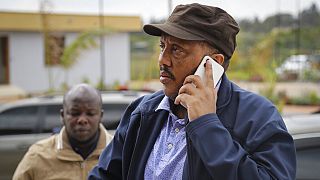
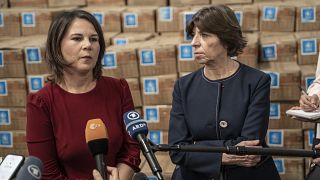

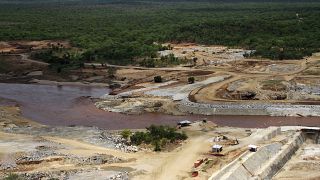
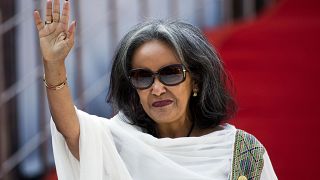
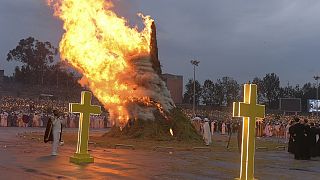

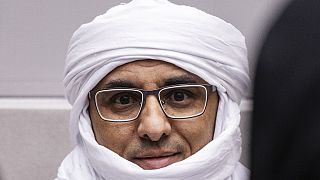
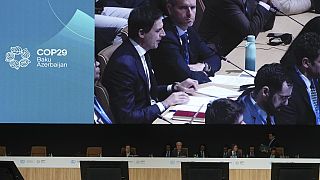
00:58
Somaliland opposition leader wins presidential poll
11:07
Botswana's new government races to diversify its economy {Business Africa}
01:00
DRC: M23 rebels seize new town near border with Uganda as talks drag
01:51
Meet the churches welcoming migrants across the world and championing diversity
Go to video
Ethiopian runner Yomif Kejelcha breaks men's half-marathon world record
00:41
Ethiopian PM Abiy Ahmed meets Putin at BRICS Summit, pushes for stronger trade ties